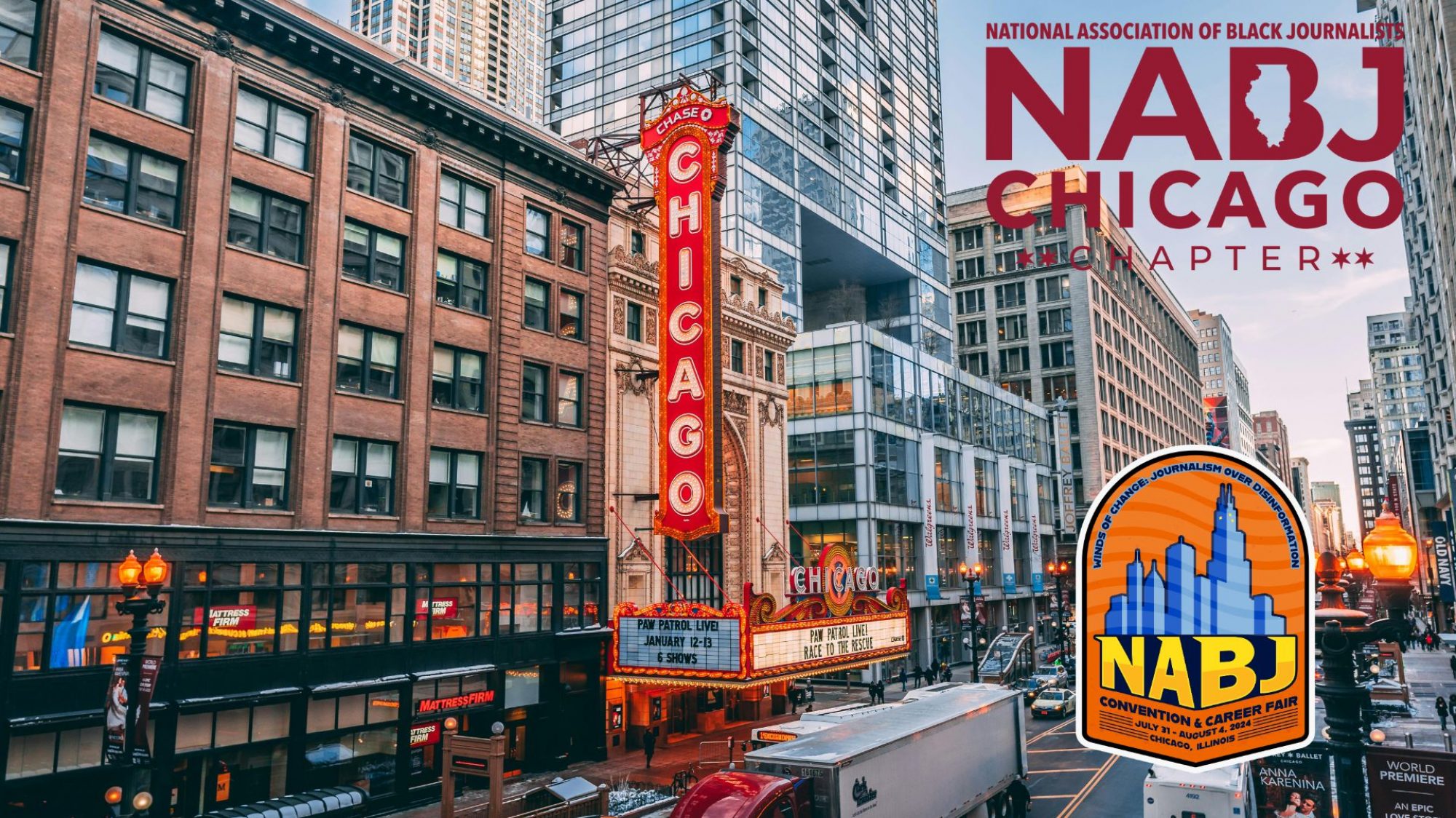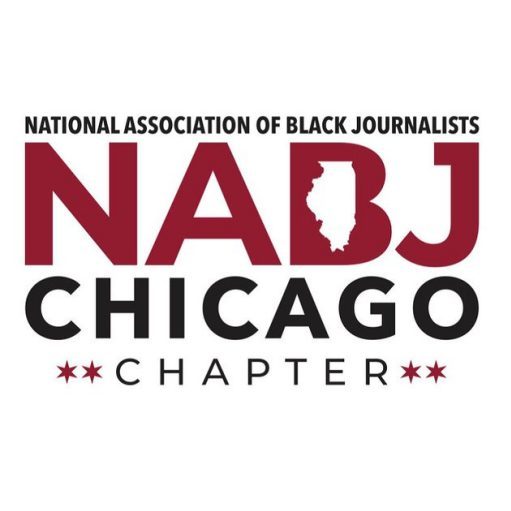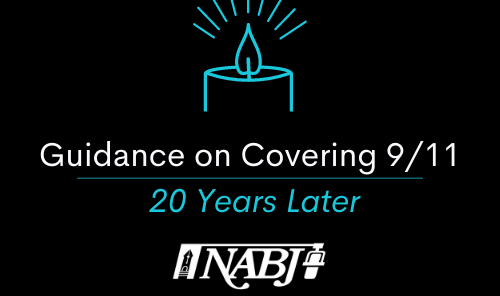Guidance on Coverage of Sept 11th, 20 Years Later
NABJ National News, NewsThis September marks 20 years since the 9/11 attacks, the National Association of Black Journalists (NABJ), Asian American Journalists Association (AAJA), the South Asian Journalists Association (SAJA), and the Arab and Middle Eastern Journalists Association (AMEJA), all independent professional organizations, are issuing guidance to help journalists and newsrooms more accurately and critically cover the commemoration, impacted communities, and policies that resulted from 9/11.
The following is guidance on terminology that is often misused in relation to 9/11 and its aftermath.
- When referring to the events on the day of September 11, 2001, use “9/11 attacks”, “9/11”, or “September 11th attacks”.
- Avoid using the word “terrorism” or “terrorist” unless it is in a quote by a source. Use of these words has driven misunderstanding and has often resulted in hate crimes and violence against Arab, Middle Eastern, Muslim, and South Asian (AMEMSA) communities in the United States. Experts have explained why these terms are dangerous. The Reuters Handbook of Journalism advises reporters to “use more specific terms like ‘bomber’, or ‘bombing hijacker’ or ‘hijacking’, ‘attacker’ or ‘attacks’, ‘gunman’ or ‘gunmen’ etc,” and “not refer to specific events as terrorism [or]…use the adjective word terrorist without attribution.”
- Avoid using the phrase “war on terror” while describing or naming the political violence and wars that have been waged since 9/11, unless it is attributed to a government official or policy. The Reuters Handbook of Journalism advises, “Do not use this phrase unless in a quote. It is poor English and part of the propaganda battle around militant violence.”
Story Tips
- Broaden story angles beyond the national security lens.
- Be precise about the U.S. and its allies’ policies on counterterrorism, military interventions and drone killings. The Costs of War data shows the United States conducted counterterrorism operations in 85 countries from 2018 through 2020, and is still aggressively pursuing counterterrorism activities.
- Recognize that there is a double standard in reporting on extremist violence by non-White and White perpetrators. AAJA has previously published a guide on avoiding this double standard, which also references the research findings in this ISPU report.
- Islamophobia and anti-Muslim bigotry not only affect Muslims in the U.S., but those who are racialized as Muslim, and people of various and/or no faith, who are Arab, South Asian, North African, “Middle Eastern”, and Iranian. As a point of reference, the first deadly hate crime after 9/11 was the murder of a Sikh man, Balbir Singh Sodhi, on September 15, in Mesa, Arizona.
- Be aware that multiple communities were impacted and traumatized by 9/11 and post-9/11 policies, in the U.S. and abroad. In the U.S., the impact on AMEMSA communities is often overlooked in coverage. Warfare, surveillance, entrapment, denial of civil liberties, torture, detention, deportation and more have victimized individuals and communities around the world. In the two decades since 9/11, the U.S. and other countries’ policies have led to victims of war, surveillance, entrapment, detention and deportation, and more. Approximately 801,000 people were killed directly in the violence of the wars in Afghanistan, Pakistan, Iraq, Syria, Yemen and elsewhere. Several times as many civilians have died due to the reverberating effects of these wars. The Costs of War has compiled data here.
- Be specific and descriptive when referring to surveillance, detention, criminalization, violence, discrimination, and hate crimes aimed at AMEMSA (Arab, Middle Eastern, Muslim, and South Asian) communities in the United States. Rather than using euphemisms like “anti-Muslim sentiment,” assess whether it is more accurate to use terms like “anti-Muslim bias,” “Islamophobia,” or “anti-Muslim bigotry.” For more information, consult the Institute for Social Policy and Understanding’s guide on Islamophobia.
- Don’t reduce descriptions to a false binary between “the West” and “the Muslim World”. Include the broader context of U.S. foreign policy and political decisions and how those tie into the events you’re currently covering. Do name the people responsible for the political decisions that set events into motion and hold policy makers accountable.
- Diversify sources by interviewing and quoting experts and leaders from AMEMSA communities. Former U.S. government officials and military analysts are not substitutes for voices from AMEMSA communities in order to tell a full and accurate story. For assistance in connecting with a range of researchers, scholars, community leaders, and experts in policy, advocacy, legal issues, from AMEMSA communities across the U.S., reach out to Firdaus Arastu at ReThink Media firdaus@rethinkmedia.org, and consult AAJA’s speakers bureau, AAJA Studio.
Reporting on Muslims
- Muslims are people who practice or identify with the religion of Islam and can be from any ethnicity, race, country of origin, or gender. Muslims are the most ethnically diverse faith community in the US, with a plurality (28%) identifying as Black or African-American. Those who are immigrants or descended from immigrants trace their origins to many countries around the world—not just countries from the “Middle East.”
- The terms “Islamist” and “Islamism” are vague and problematic. Most “Islamist” movements are nonviolent and cite Islamic principles as the ethical basis of their political program much like Christian Democratic parties did of Christian principles in Europe. Groups that espouse violence should be identified as such, not as “Islamist”, just as groups such as the Lord’s Resistance Army or Ku Klux Klan, which claim Biblical legitimacy, are not identified as “Christian.”
- Jihad is a term of spiritual significance for Muslims that indicates a personal struggle. There is no inherent connotation of violence, and translating it as “holy war,” outside of specific context is inaccurate. Individuals committing violence they claim is sanctioned by Islam should not be referred to as engaging in “jihad.” Avoid, too, labelling them as “Jihadis” or “jihadists.”
- There is no such thing as “Islamic garb” – be specific and accurate in referring to clothing that Muslims wear for religious or cultural reasons. Know the difference between hijab, niqab, burqa (or burka), chador. The styles are depicted in this BBC article and CNN article.
- For TV, radio, podcasts, digital video, etc: ensure that any terminology or names associated with AMEMSA communities are pronounced correctly. Consult this audio pronunciation guide by Michigan State University School of Journalism for common words associated with Islam.
- The news media plays a critical role in shaping perceptions of Muslims. For more information and details on covering Muslim communities in the U.S., the Institute for Social Policy and Understanding has compiled a detailed guide for media professionals.
Check in on your staffers who are from AMEMSA communities, especially those who may be personally impacted by the events of 9/11 and/or post-9/11 policies. Many have experienced compounded trauma while covering the impacts of post-9/11 policies. AAJA has compiled a list of mental health resources for journalists.
Many of our journalists are pushing — sometimes behind-the-scenes and sometimes publicly — for increased and more nuanced coverage of AMEMSA experiences. Be receptive to their feedback on your news organization’s coverage of the conflict without placing undue burdens on them. Recognize that their cultural, religious, and regional knowledge can be an asset to your organization’s coverage.
We will update our guidance as necessary. For more specific coverage guidance related to other communities, we urge you to consult resources created by organizations and people of those communities.


